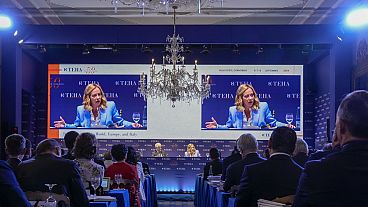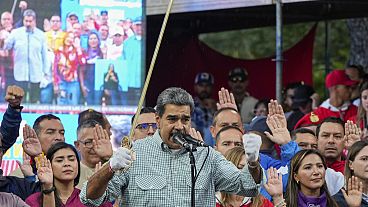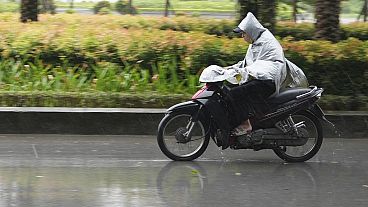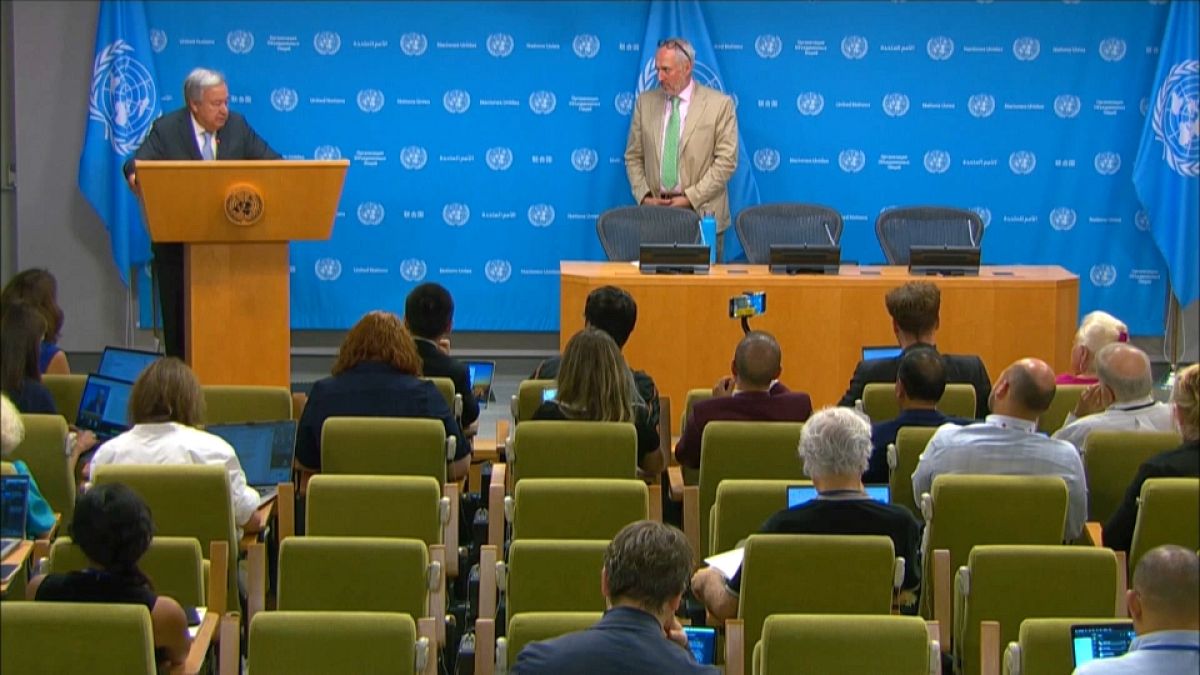The Secretary-General of the United Nations called for international cooperation to meet climate targets and to better protect billions exposed to the effects of extreme heat.
The United Nations Secretary General, António Guterres issued an urgent call to action after the world experienced its hottest day on record on Monday.
He said "This past Sunday, Monday and Tuesday were the three hottest days on record. But let’s face facts: extreme temperatures are no longer a one-day, one-week or one-month phenomenon. If there is one thing that unites our divided world, it’s that we’re all increasingly feeling the heat. Earth is becoming hotter and more dangerous for everyone, everywhere".
The World Meteorological Organization, the Intergovernmental Panel on Climate Change, and others have reported that extreme heat events are increasing in scale, intensity, frequency and duration.
Last month was not only the hottest June on record, it also marked the 13th consecutive month to break global temperature records.
The UN Chief stated that “heat is estimated to kill almost half a million people a year" and attributes fossil-fuel-charged, human-induced climate change to rising temperatures.
The four critical areas of Guterres' call to action.
Guterres called for urgent action and international cooperation to address the extreme heat in four critical areas.
These include caring for populations that are vulnerable to climate change, protecting exposed workers and ensuring their safety, boosting the resilience of economies and societies by using data and science, and limiting the temperature rise to 1.5°C by phasing out fossil fuels and increasing investment in renewable energy.
The Secretary-General warned that extreme heat impacts the economy, widens inequality, and undermines the Sustainable Development Goals. Guterres adds "We need measures to protect workers, grounded in human rights. And we must ensure that laws and regulations reflect the reality of extreme heat today – and are enforced".
Phasing out fossil fuels
Guterres highlighted fossil fuel expansion noticeable in some of the world's wealthiest countries, and said that "in signing such a surge of new oil and gas licenses, they are signing away our future." He added that "leadership of those with the greatest capabilities and capacities is essential. Countries must phase out fossil fuels – fast and fairly.”
Guterres concluded, “The G20 must shift fossil fuel subsidies to renewables and support vulnerable countries and communities. And national climate action plans must show how each country will contribute to the global goals agreed at COP28”.












